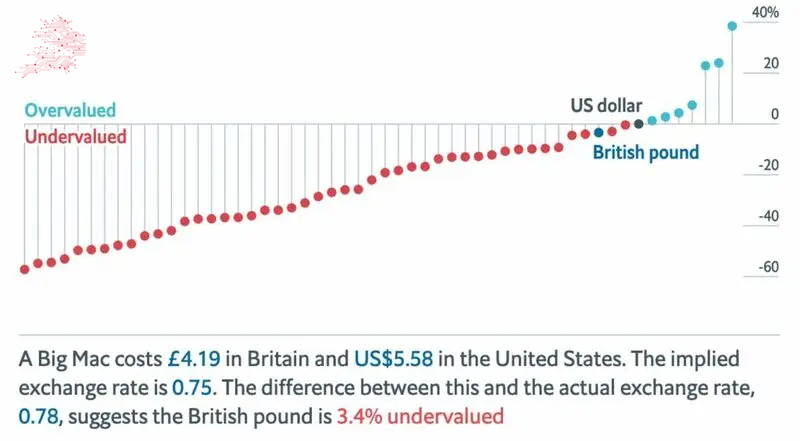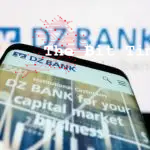It now costs ‘a Big Mac’ to use the Bitcoin Network
Bitcoin’s (BTC) price rallied in October, gathering investors’ and cryptocurrency traders‘ attention. This has increased the demand for the Bitcoin Network, making transaction fees surge to more than the price of a Big Mac.
Finbold retrieved data from mempool.space on November 7 about the average fees paid to the Bitcoin Network in the last 144 blocks (24 hours).
Notably, users have paid an average of 0.00017510 BTC ($6,08) in fees per transaction and 0.5796 BTC ($20,131) per block. Bitcoin miners have collected 983.46 BTC ($34.16 million) in mining rewards in this period.

Interestingly, the average fees per transaction surpassed the average price of a Big Mac in the United States. One Big Mac was priced at $5.58 USD in July 2023, according to the Big Mac Index by The Economist.
Why are Bitcoin network fees increasing?
The Bitcoin blockchain has a scarce block space, which limits the amount of transactions that can be added to the next block and confirmed by the network. During high on-chain volume scenarios, competition for the available block space can cause fees to surge.
Essentially, Bitcoin users start to outbid each other in order to jump the queue of awaiting transactions. The higher the urgency to have a transaction confirmed, the higher fees can go.
Usually, price spikes lead to an urgent selling desire to realize profits, which can lead to transaction fee hikes. This phenomenon has been observed many times throughout history in the Bitcoin network. Something similar could occur during price drops as investors might try to exit from their positions.
The last time average fees were as high as the cost of a Big Mac, was on June 7. Recovering from a $31.14 average transaction fee on May 8, according to BitInfoCharts. Before that, breaking out from the “Big Mac price” threshold was what triggered the mentioned hike.

What is the Big Mac index?
The Big Mac index was invented by The Economist in 1986, using a worldwide-consumed good to measure the “fair value” of worldwide currencies.
“It is based on the theory of purchasing-power parity (PPP), the notion that in the long run exchange rates should move towards the rate that would equalise the prices of an identical basket of goods and services (in this case, a burger) in any two countries.”
— The Economist

In this context, the Big Mac price can also be used as a measure of accessibility for the Bitcoin network. Considering Bitcoin aims to be a global currency, users from different economic realities will have to decide if they can afford to make a BTC transaction that costs more than a Big Mac.
Moreover, the lack of accessibility and high costs could impact the demand for BTC in the spot market, focused on the use of the Bitcoin network as a payment system. During transaction fee surges, users have moved to more efficient networks, which can also increase the demand for these cryptocurrencies and some layer-2, such as the Lightning Network.





Comments
Post a Comment